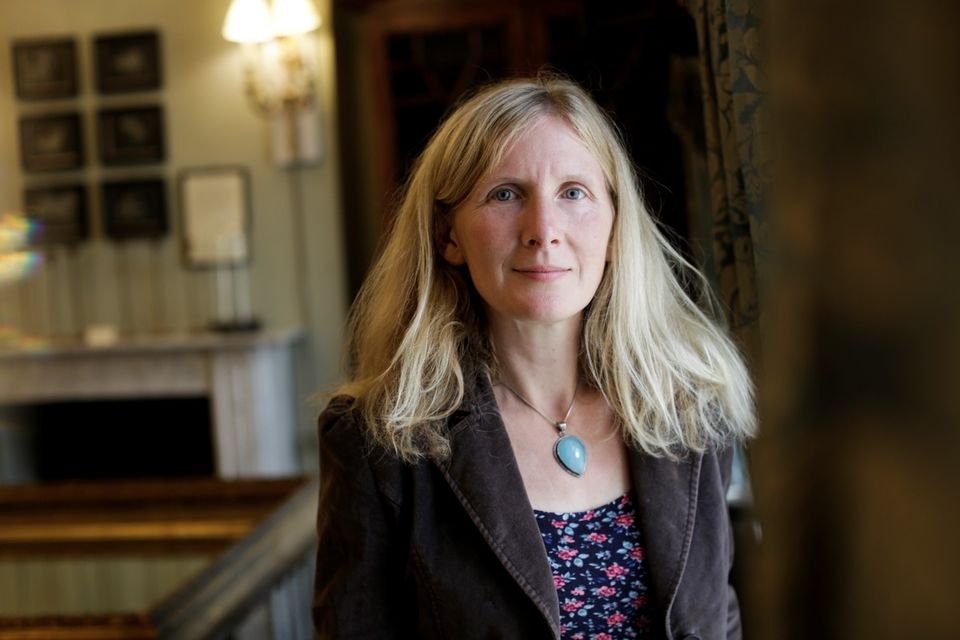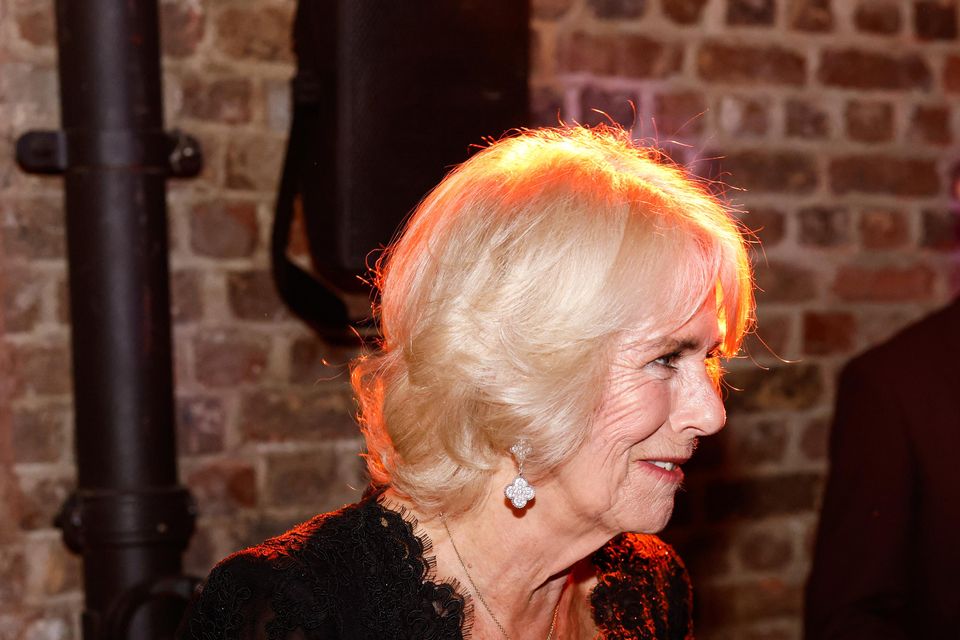
This year’s Booker Prize shortlist will feature the biggest number of women authors in its 55-year history.
Five women and one man will feature on the shortlist for the prestigious literary prize.
The list, whittled down from a longlist of 13, also includes the first Australian author in a decade, as well as the first Dutch writer to be shortlisted.
British, Canadian and American authors comprise the rest of the six-strong list, with two authors making the shortlist for the second time.
One of the books featured is Orbital, by English novelist Samantha Harvey, which centres around six astronauts on the International Space Station (ISS), with Harvey previously explaining: “I wanted to write about our human occupation of low earth orbit for the last quarter of a century – not as sci-fi but as realism.
“Could I evoke the beauty of that vantage point with the care of a nature writer? Could I write about amazement? Could I pull off a sort of space pastoral? These were the challenges I set myself.”
Harvey was longlisted for the Booker Prize in 2009 for The Wilderness, and previously published a memoir about her insomnia, The Shapeless Unease: A Year Of Not Sleeping, in 2020.
Percival Everett was shortlisted in 2002 for The Trees (PA)
Two American authors features on the list – Percival Everett for James and Rachel Kushner for Creation Lake.
In 2022, Everett made the Booker shortlist for The Trees and this year he is shortlisted for James, which is a powerful retelling of The Adventures Of Huckleberry Finn by Mark Twain, from the perspective of the enslaved Jim.
In 2021 Everett’s Telephone was a Pulitzer Prize finalist, and his 2001 novel Erasure was adapted into the film American Fiction, starring Sterling K Brown and Jeffrey Wright, and which won director Cord Jefferson the best adapted screenplay Oscar earlier this year.
Fellow American Kushner is shortlisted for Creation Lake, having previously been shortlisted for the Booker Prize in 2018 for The Mars Room.
Kushner, whose other works include The Flamethrowers, said of Creation Lake: “I had long wanted to tell a story about a group of young people who decamp from Paris to a rural outpost in France, where they are set on a collision course with the French state.
“At the same time, I became interested in prehistory, both what can be known about ancient people and what the longing to know actually is, a sense that we have taken a wrong turn, that our ancestors hid messages from us that we don’t know how to read.”
One of the books featured is Orbital, by English novelist Samantha Harvey, which centres around six astronauts on the International Space Station (ISS), with Harvey previously explaining: “I wanted to write about our human occupation of low earth orbit for the last quarter of a century – not as sci-fi but as realism.
“Could I evoke the beauty of that vantage point with the care of a nature writer? Could I write about amazement? Could I pull off a sort of space pastoral? These were the challenges I set myself.”
Harvey was longlisted for the Booker Prize in 2009 for The Wilderness, and previously published a memoir about her insomnia, The Shapeless Unease: A Year Of Not Sleeping, in 2020.
Percival Everett was shortlisted in 2002 for The Trees (PA)
Two American authors features on the list – Percival Everett for James and Rachel Kushner for Creation Lake.
In 2022, Everett made the Booker shortlist for The Trees and this year he is shortlisted for James, which is a powerful retelling of The Adventures Of Huckleberry Finn by Mark Twain, from the perspective of the enslaved Jim.
In 2021 Everett’s Telephone was a Pulitzer Prize finalist, and his 2001 novel Erasure was adapted into the film American Fiction, starring Sterling K Brown and Jeffrey Wright, and which won director Cord Jefferson the best adapted screenplay Oscar earlier this year.
Fellow American Kushner is shortlisted for Creation Lake, having previously been shortlisted for the Booker Prize in 2018 for The Mars Room.
Kushner, whose other works include The Flamethrowers, said of Creation Lake: “I had long wanted to tell a story about a group of young people who decamp from Paris to a rural outpost in France, where they are set on a collision course with the French state.
“At the same time, I became interested in prehistory, both what can be known about ancient people and what the longing to know actually is, a sense that we have taken a wrong turn, that our ancestors hid messages from us that we don’t know how to read.”
